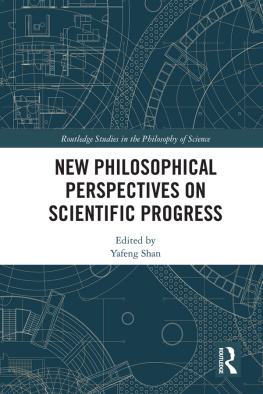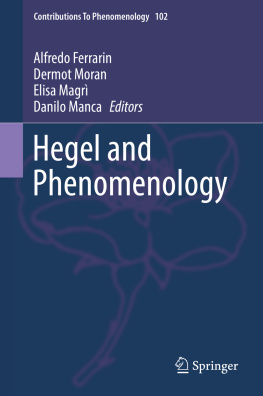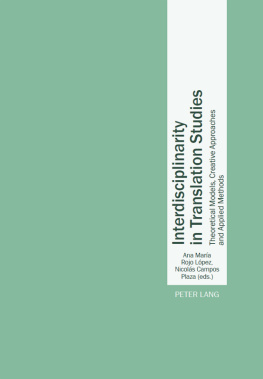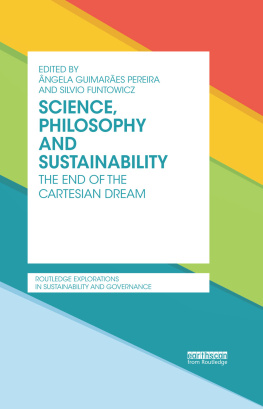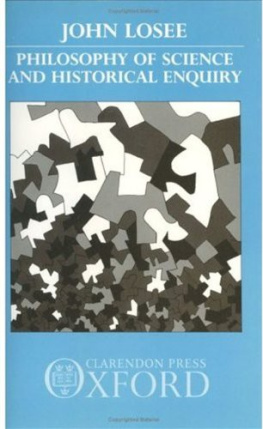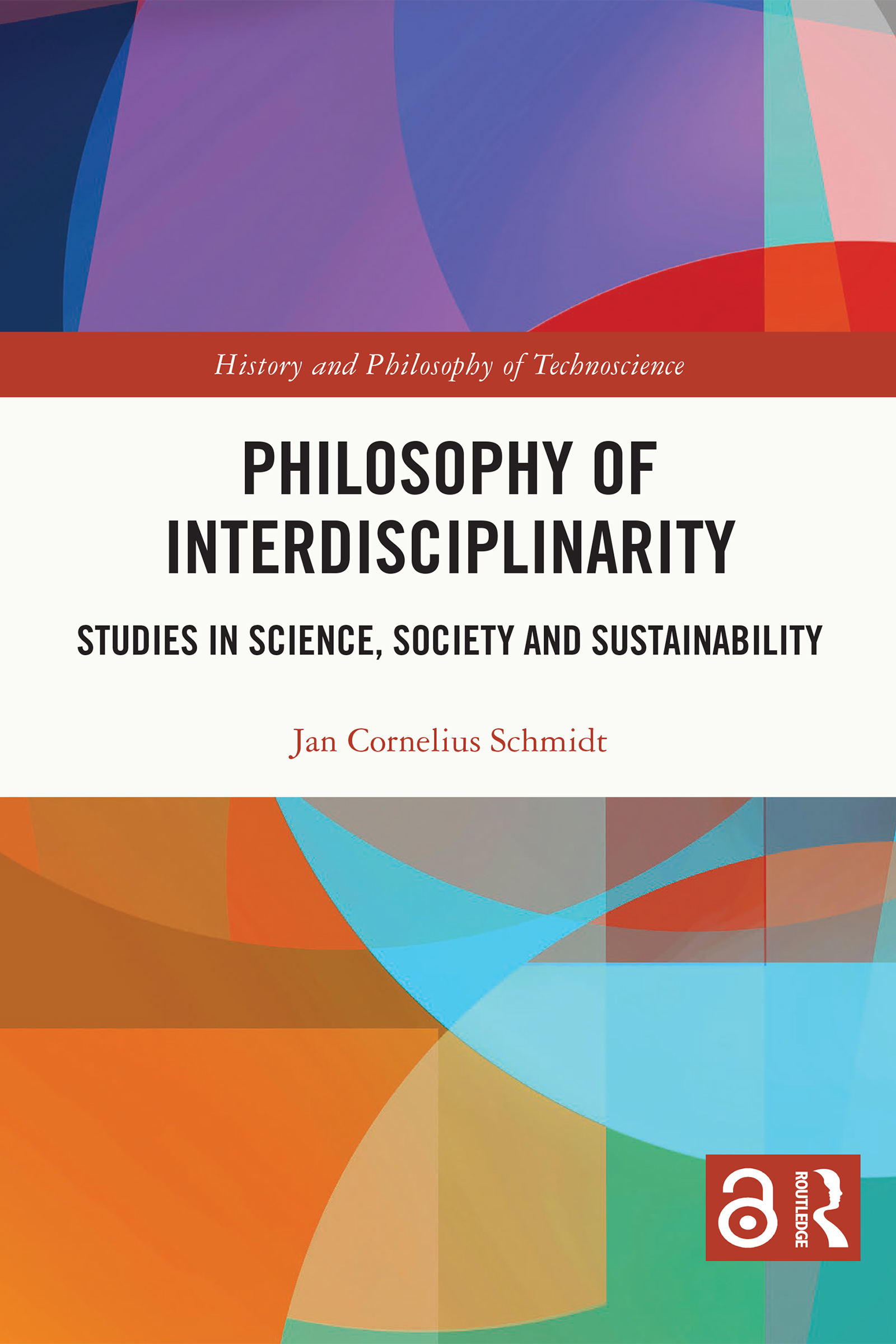
Philosophy of Interdisciplinarity
Interdisciplinarity is a hallmark of contemporary knowledge production. This book introduces a Philosophy of Interdisciplinarity at the intersection of science, society and sustainability. In light of the ambivalence of the technosciences and the challenge of sustainable development in the Anthropocene, this engaged philosophy provides a novel critical perspective on interdisciplinarity in science policy and research practice. It draws upon the original spirit of interdisciplinarity as an environmentalist concept and advocates an essential change in human-nature relations. The author utilizes the rich tradition of philosophy for case study analysis and develops a framework to disentangle the various forms of inter- and transdisciplinarity. Philosophy of Interdisciplinarity offers a foundation for a critical-reflexive program of interdisciplinarity conducive to a sustainable future for our knowledge society and contributes to fields such as sustainability science, social ecology, environmental ethics, technology assessment, complex systems, philosophy of nature, and philosophy of science. It injects a fresh way of thinking on interdisciplinarity and supports researchers as well as science policy makers, university managers, and academic administrators in critical-reflexive knowledge production for sustainable development.
Jan Cornelius Schmidt is Professor of Philosophy at Darmstadt University of Applied Sciences.
History and Philosophy of Technoscience
Edited by Alfred Nordmann
Visual Representations in Science
Concept and Epistemology
Nicola Mner
From Models to Simulations
Franck Varenne
The Reform of the International System of Units (SI)
Edited by Nadine de Courtenay, Olivier Darrigol, and Oliver Schlaudt
The Past, Present, and Future of Integrated History of Philosophy of Science
Edited by Emily Herring, Konstantin S. Kiprijanov, Kevin Jones and Laura M. Sellers
Nanotechnology and Its Governance
Arie Rip
Perspectives on Classification in Synthetic Sciences
Unnatural Kinds
Edited by Julia Bursten
Reflections on the Practice of Physics
James Clerk Maxwells Methodological Odyssey in Electromagnetism
Giora Hon and Bernard Goldstein
Philosophy of Interdisciplinarity
Studies in Science, Society and Sustainability
Jan Cornelius Schmidt
Material Hermeneutics
Reversing the Linguistic Turn
Don Ihde
Philosophy of Interdisciplinarity
Studies in Science, Society and Sustainability
Jan Cornelius Schmidt

First published 2022
by Routledge
2 Park Square, Milton Park, Abingdon, Oxon OX14 4RN, UK
and by Routledge
605 Third Avenue, New York, NY 10158, USA
Routledge is an imprint of the Taylor & Francis Group, an informa business.
2022 Jan Cornelius Schmidt
The right of Jan Cornelius Schmidt to be identified as author of this work has been asserted by them in accordance with sections 77 and 78 of the Copyright, Designs and Patents Act 1988.
With the exception of Chapters 1, 2, 8 and Interlude no part of this book may be reprinted or reproduced or utilised in any form or by any electronic, mechanical, or other means, now known or hereafter invented, including photocopying and recording, or in any information storage or retrieval system, without permission in writing from the publishers.
Chapters 1, 2, 8 and Interlude of this book is available for free in PDF format as Open Access from the individual product page at www.routledge.com. It has been made available under a Creative Commons Attribution-Non Commercial-No Derivatives 4.0 license.
Trademark notice: Product or corporate names may be trademarks or registered trademarks, and are used only for identification and explanation without intent to infringe.
British Library Cataloguing-in-Publication Data
A catalogue record for this book is available from the British Library
Library of Congress Cataloging-in-Publication Data
A catalog record has been requested for this book
ISBN: 978-1-138-23007-1 (hbk)
ISBN: 978-1-032-11846-8 (pbk)
ISBN: 978-1-315-38710-9 (ebk)
DOI: 10.4324/9781315387109
Typeset in Sabon
by SPi Technologies India Pvt Ltd (Straive)
In memory of my father
Dr. Wolf-Rdiger Schmidt
Acknowledgements
I am deeply grateful to the series editor, Alfred Nordmann, for encouraging me to finalize this study and for publishing my book as part of the book series History and Philosophy of Technoscience. I sincerely thank Susan Keller for her very helpful editing suggestions, careful proofreading, and invaluable linguistic support. I also thank Stephen Poole for providing editorial support and Stefan Gammel for proofreading and providing help with the index. Furthermore, I am indebted to Peter Euler, Robert Frodeman, Armin Grunwald, Michael Hoffmann, Britt Holbrook, Thomas Jahn, Wolfgang Krohn, Wolfgang Liebert, Stephan Lingner, Sabine Maasen, Klaus Mainzer, Alfred Nordmann, Theres Paulsen, Christian Pohl, and Jakob Zinsstag for immensely inspiring and engaging discussions on inter- and transdisciplinarity over the past 20 years. My sincere thanks also go to Darmstadt University of Applied Sciences and in particular to the Vice-President for Research and Sustainability, Nicole Saenger, for much appreciated financial support. Finally, I am very thankful for the help and patience of the senior editors at Routledge, Bob Langham and Max Novick.
Introduction What does the philosophy of interdisciplinarity offer?
DOI: 10.4324/9781315387109-1
A critical attitude towards knowledge production and technoscientific progress was once a cornerstone of inter- and transdisciplinarity. The focus was on pressing environmental problems, the challenges of global change, and side effects of technological advancement. The role of science and of the entire academic system in causing the non-sustainable state of our life-world came under scrutiny. The mindset of modernity, including the power and authority of science to dominate our way of framing and conceptualizing nature, was questioned. Occasionally, interdisciplinarityalong with its cognate transdisciplinaritywas deemed a fundamental challenge to the academy within late-modern knowledge societies.
Today, however, interdisciplinarity has lost its critical momentum and its original spirit. It has been reduced to a trendy, tame, and toothless notion. The term is omnipresent in science, technology, and economy as well as in society and higher educationfuelling the rhetoric of knowledge politics in our late-modern knowledge societies. It is increasingly being used as a synonym for application-oriented research and, in particular, for the commercialization of the university in neoliberal times., for instance, has declared facilitating interdisciplinary research one of its chief goals. Interdisciplinarity is seen as a kind of a panacea capable of curing pathologies of academic and entrepreneurial knowledge production (cf. Frodeman 2014). Clearly, no one is willing or able to resist its pull. Who would not subscribe to interdisciplinarity?
Since Erich Jantsch ( Even basic research programs seem to be highly interdisciplinary; for example, physical cosmology has become established as an interdisciplinary effort at the intersections of physics, mathematics, chemistry, geology, and computer science.
Next page

